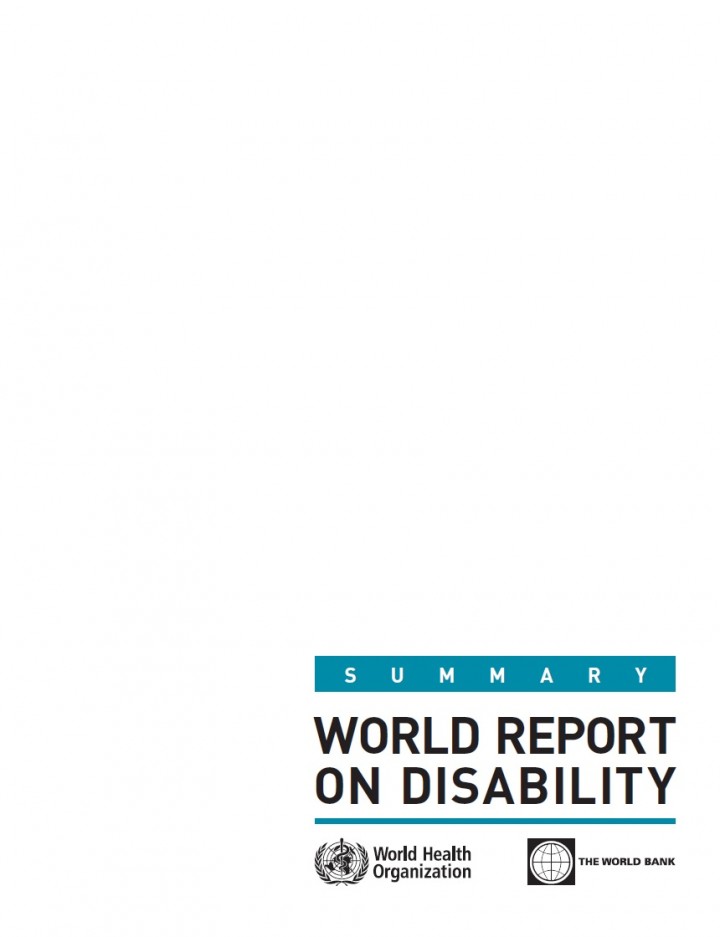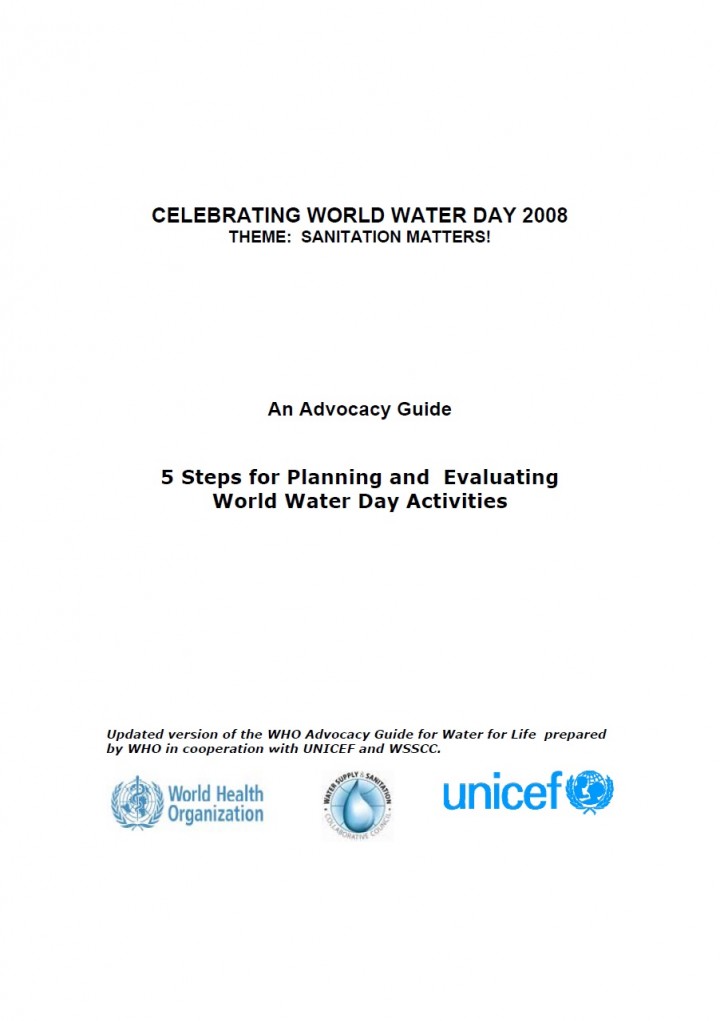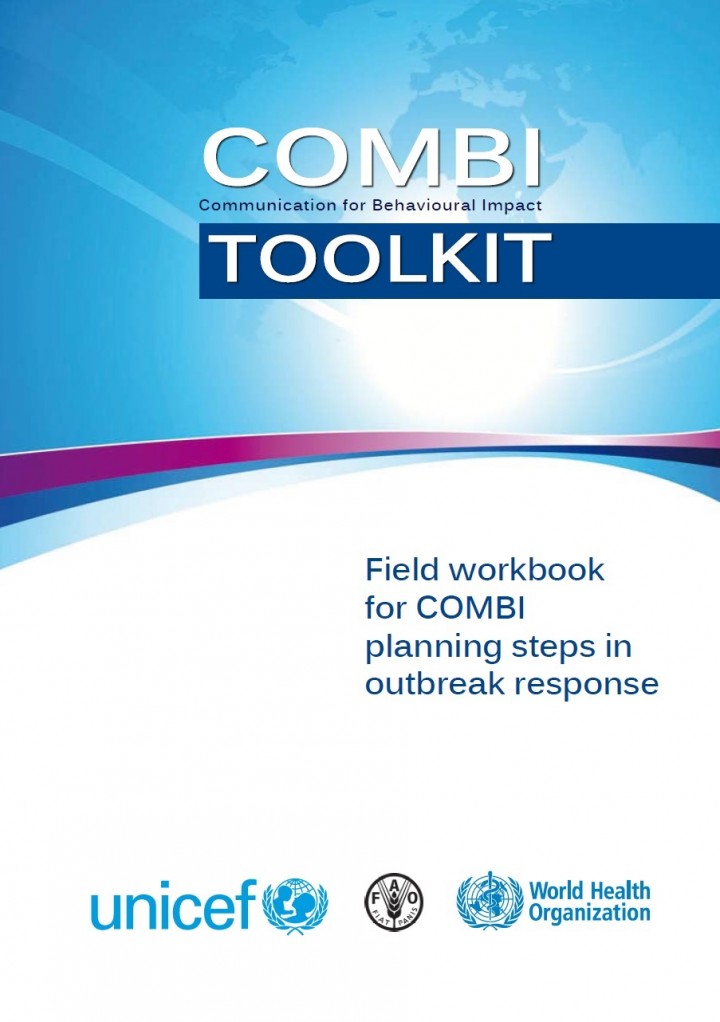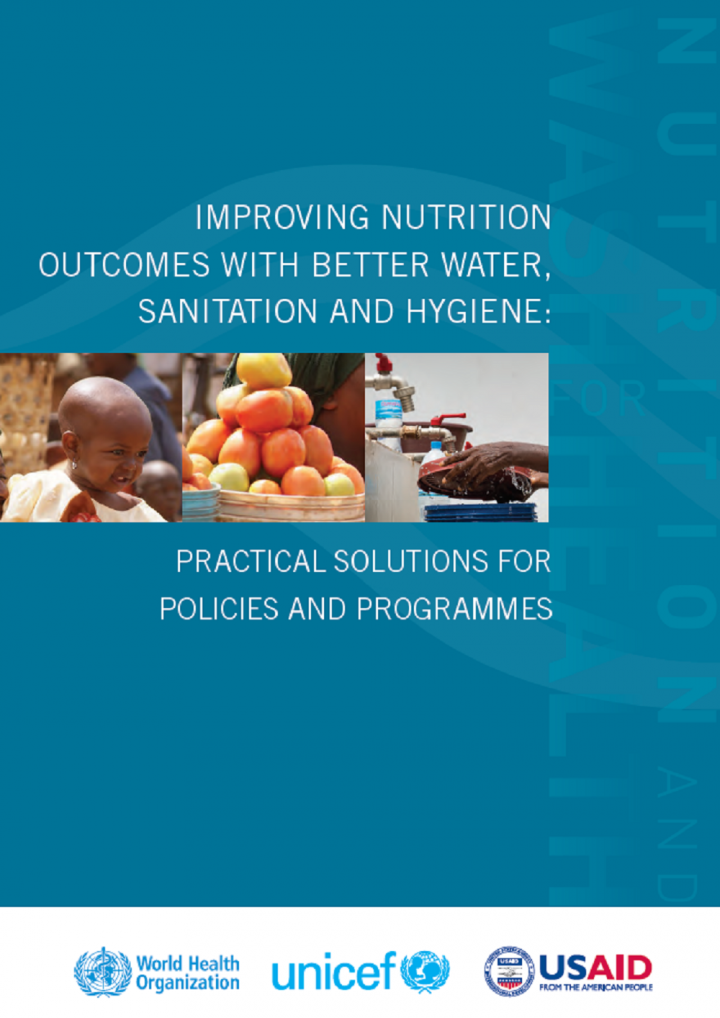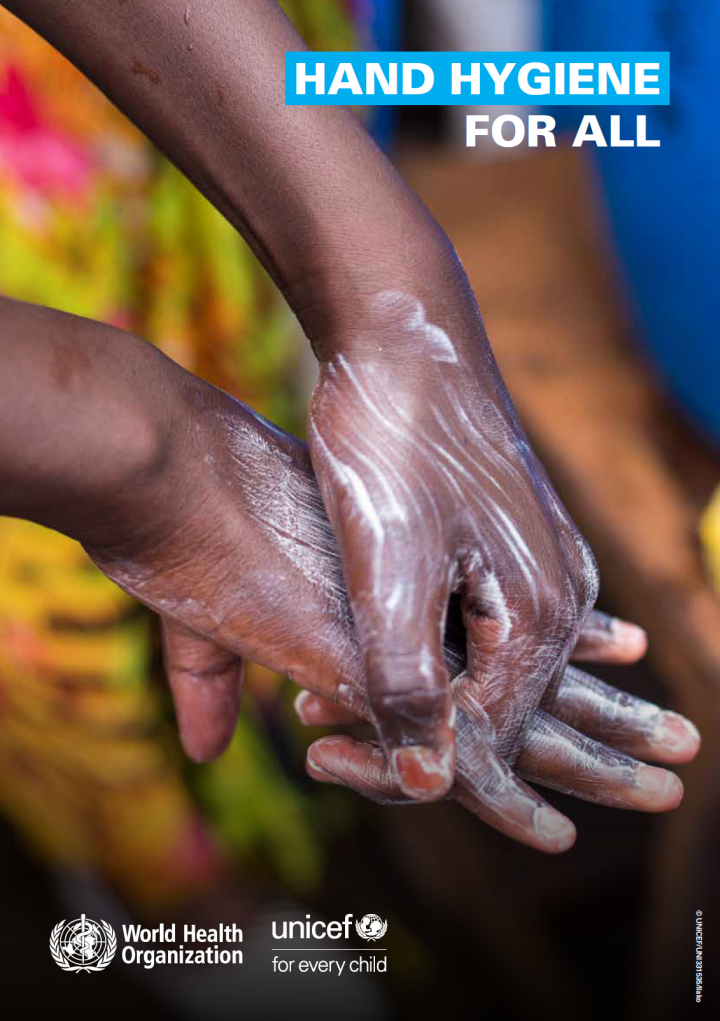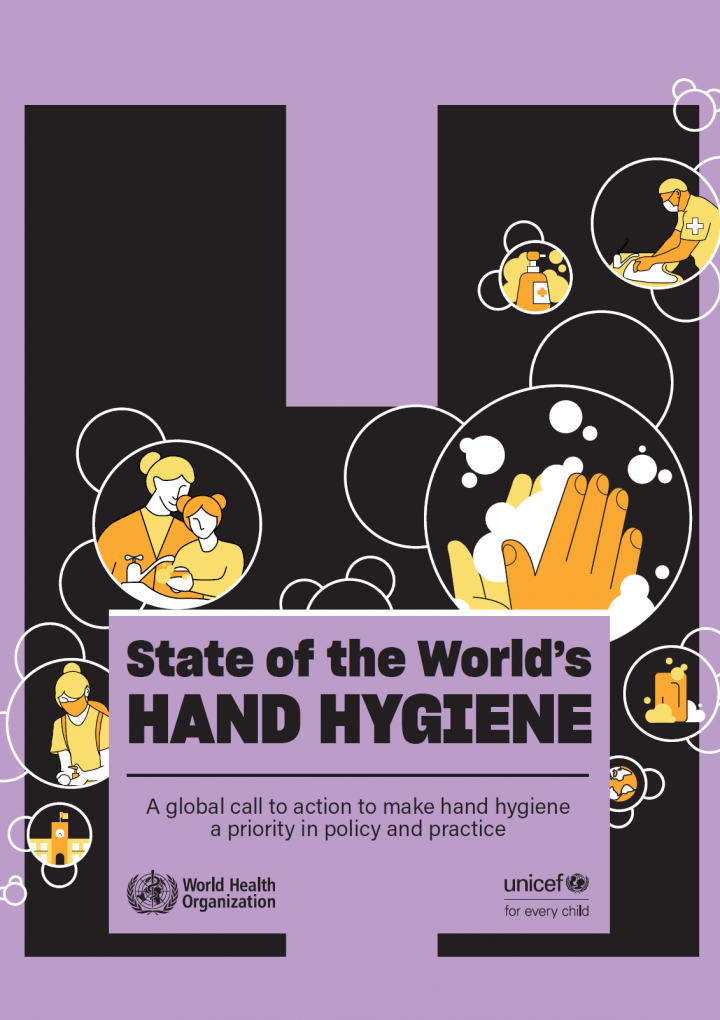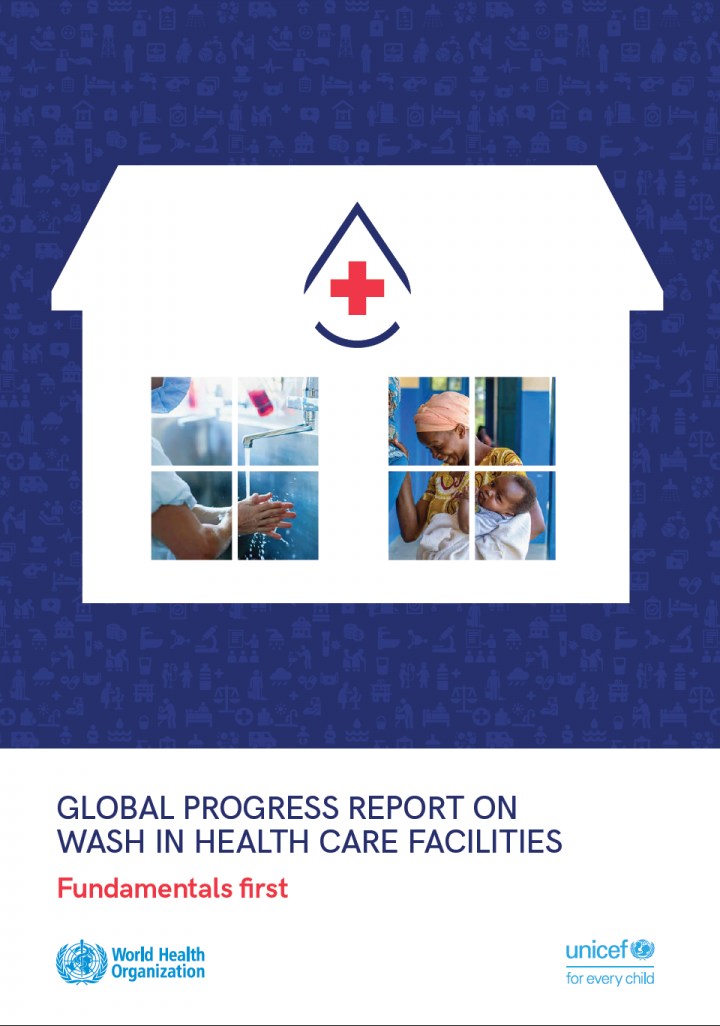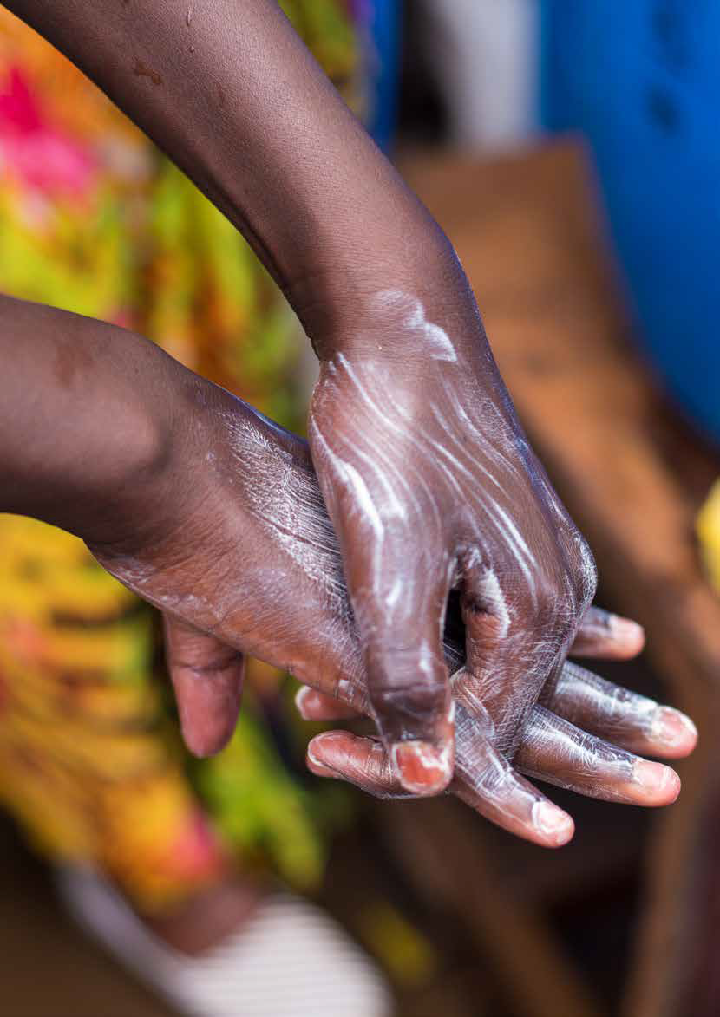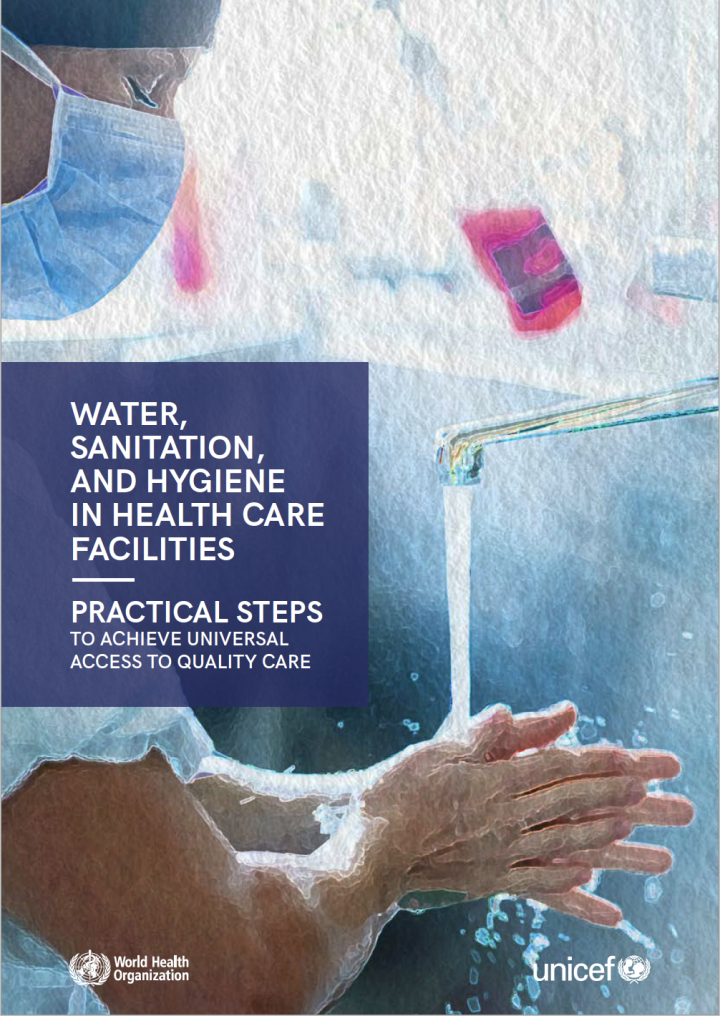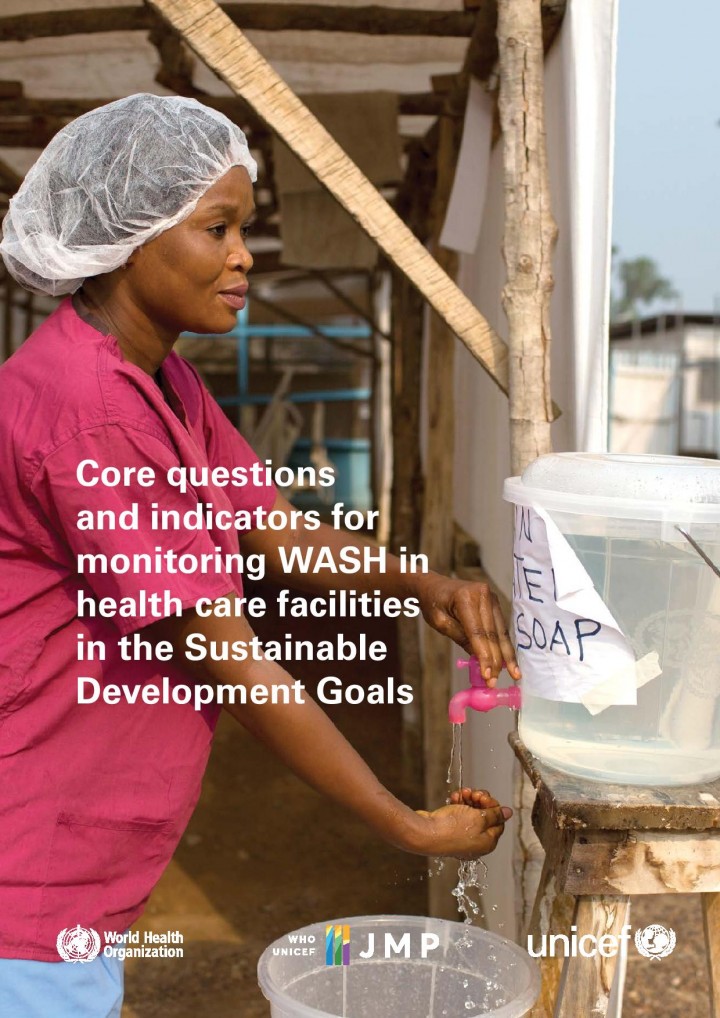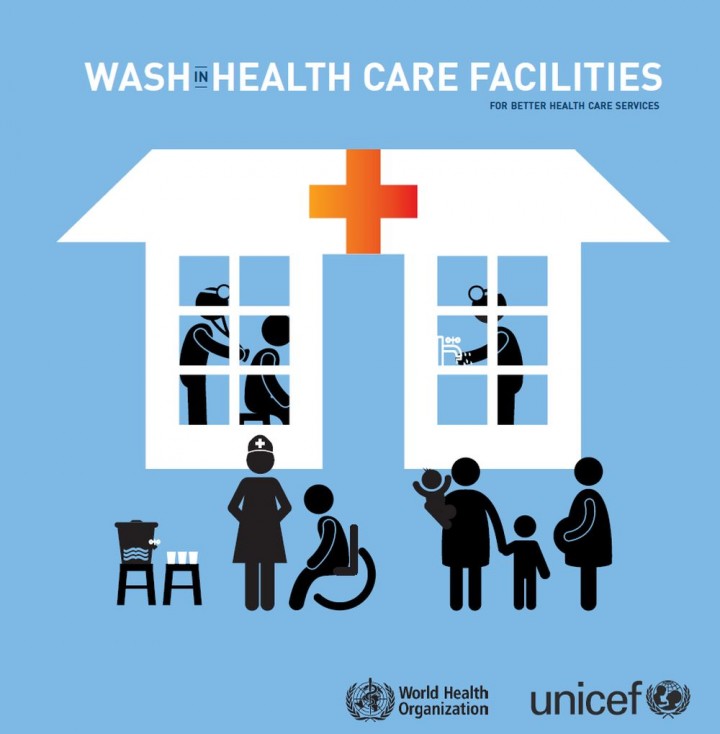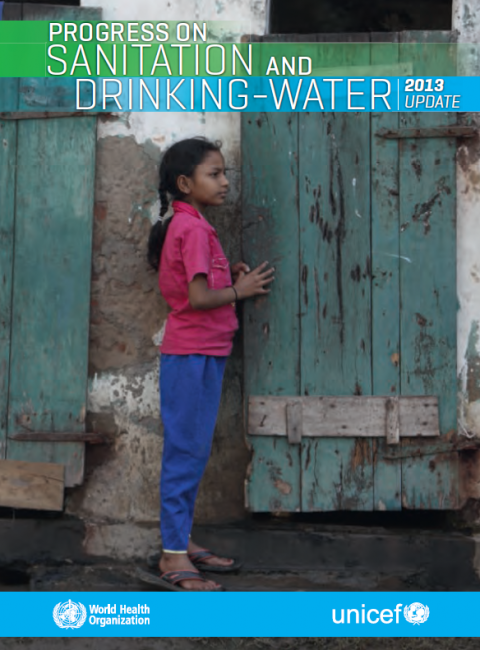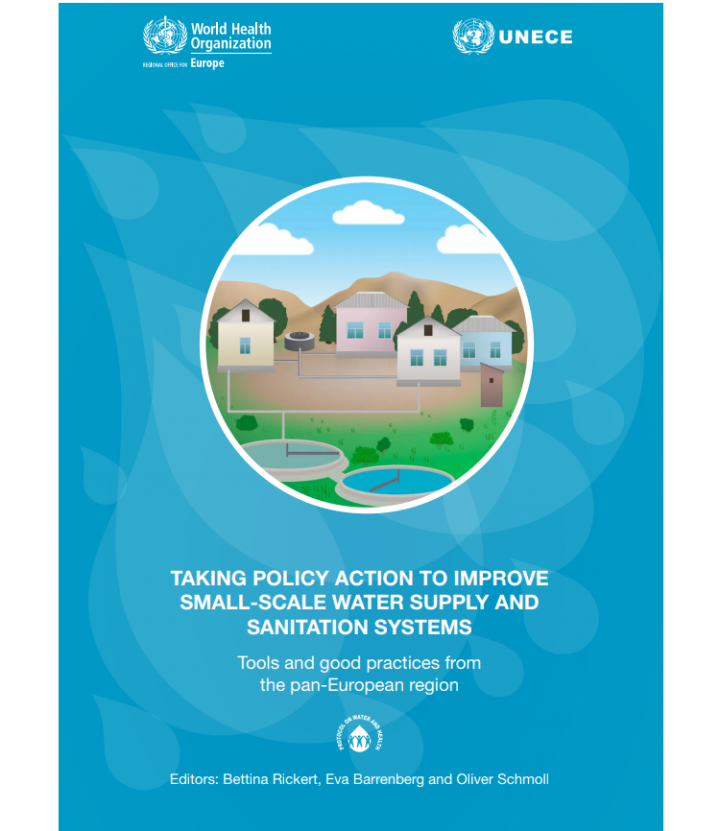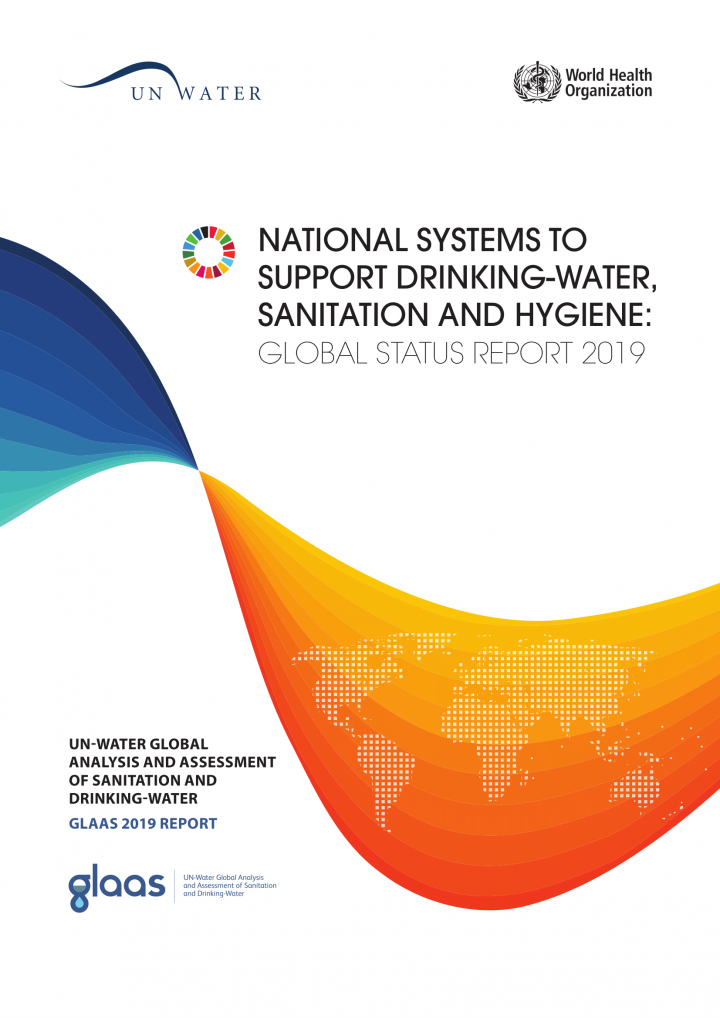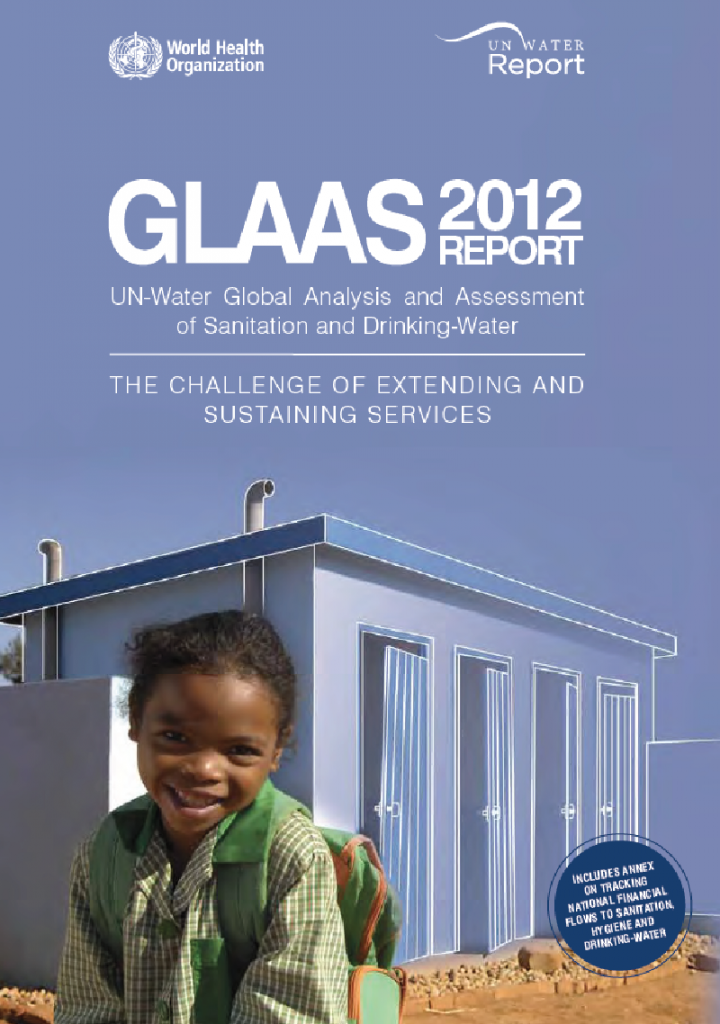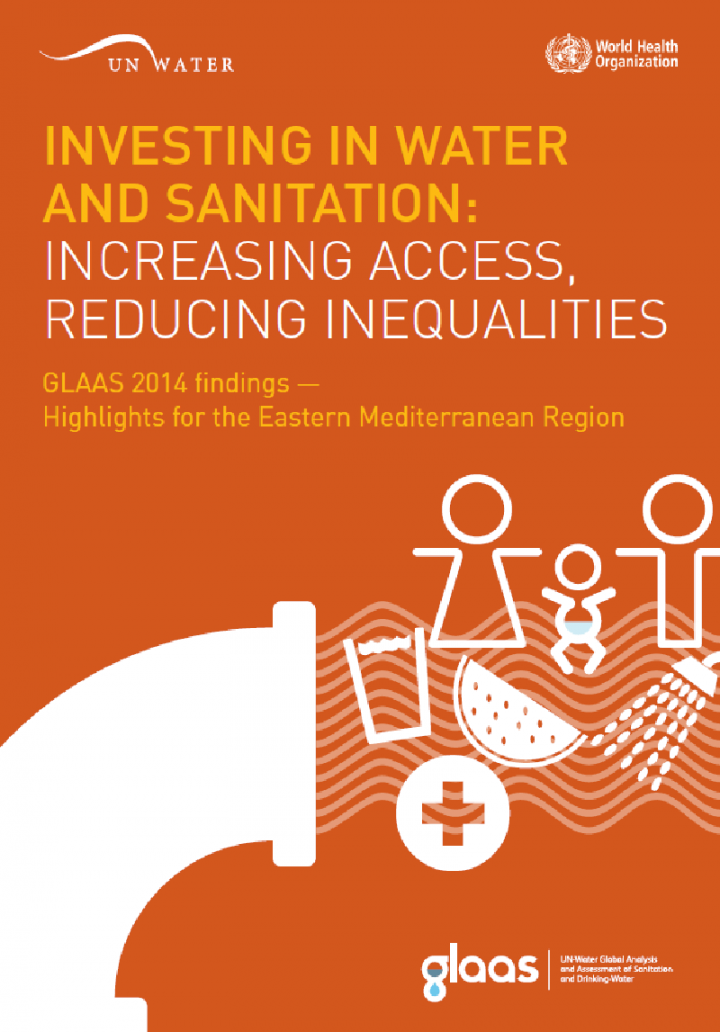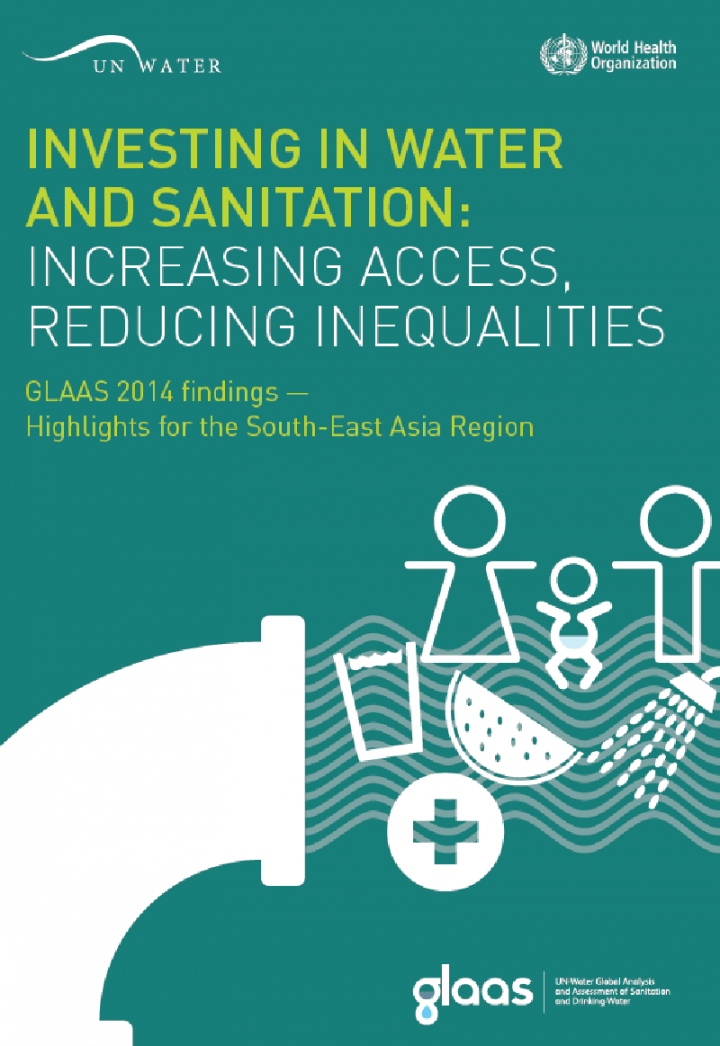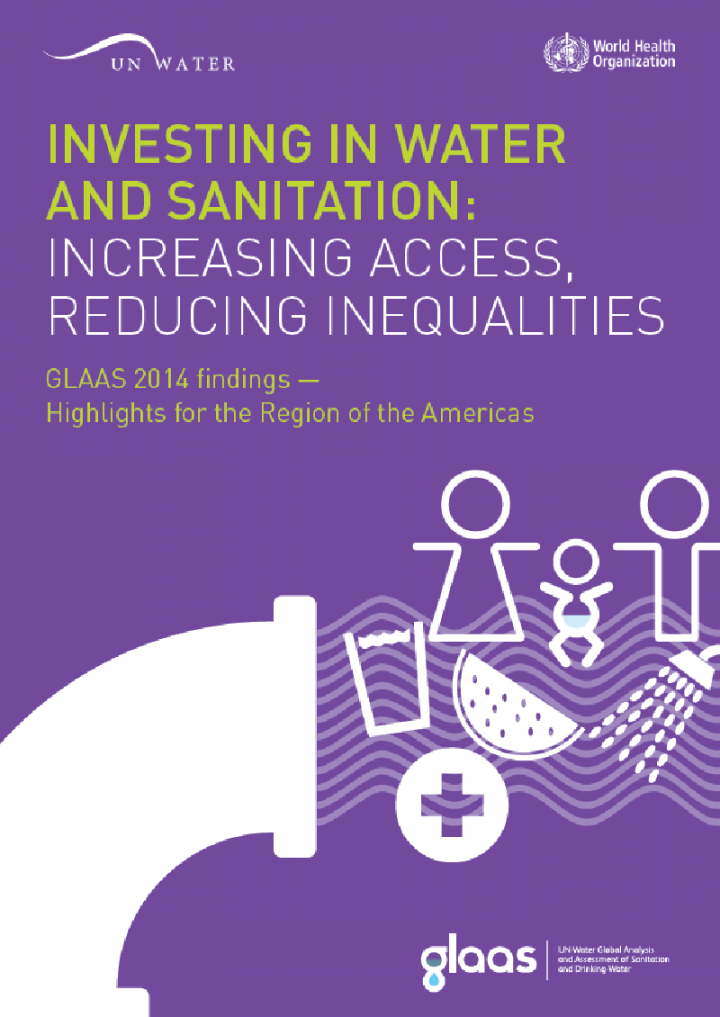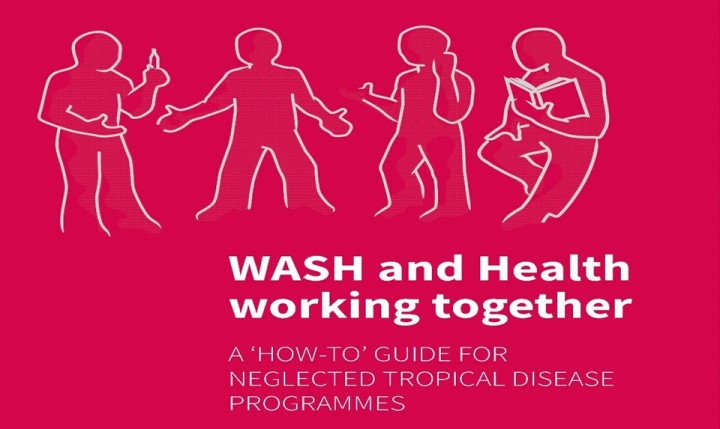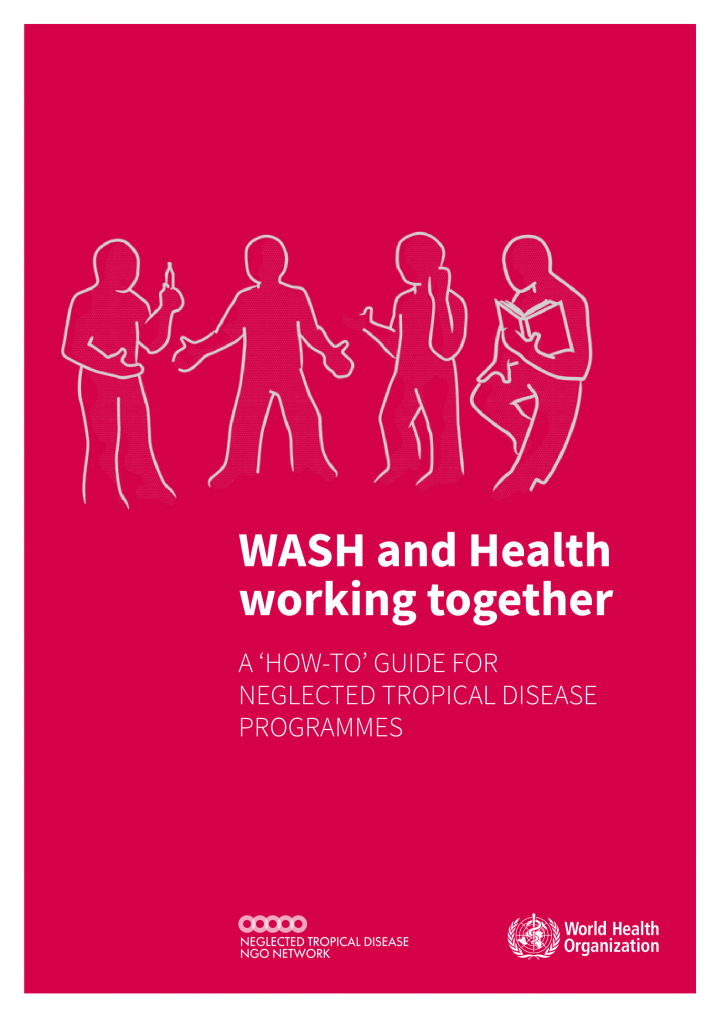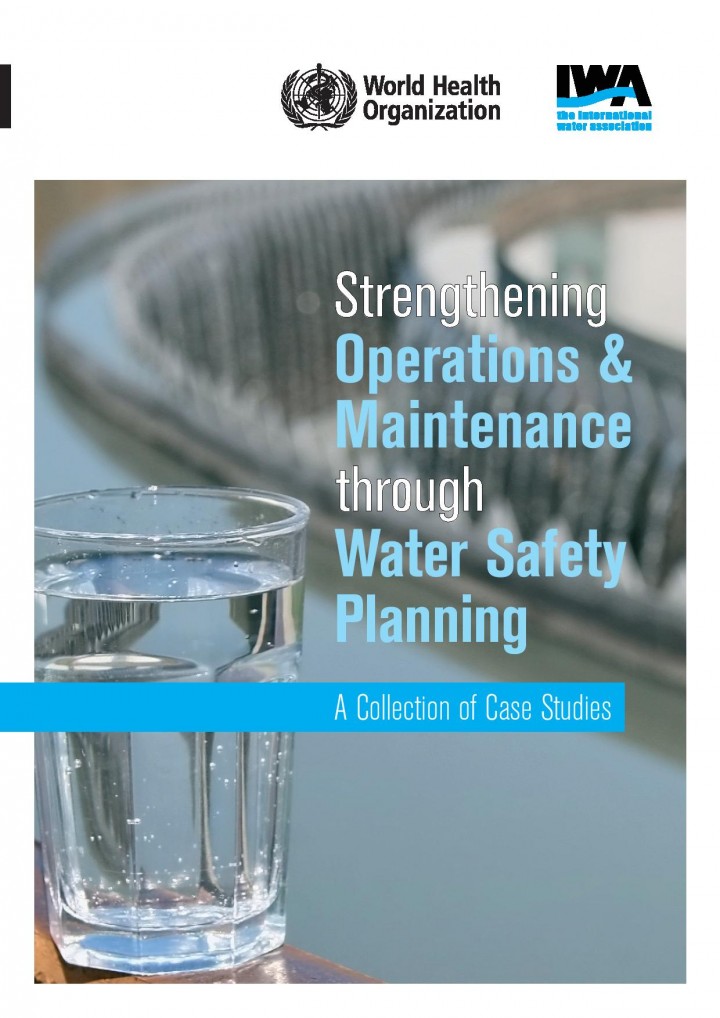Searching for information on Sanitation Workers?
The Sanitation Workers Knowledge + Learning Hub is the best source for all current news, trends, articles and updates on sanitation workers rights around the world.
The first ever World report on disability, produced jointly by WHO and the World Bank, suggests that more than a billion people in the world today experience disability.
People with disabilities have generally poorer health, lower education achievements, fewer economic opportunities and higher rates of poverty than people without disabilities. This is largely due to the lack of services …
Sanitation Matters!
The theme/slogan puts at centre-stage the various links and communicates a sense of urgency and immediacy. The theme is also “open-ended” and lends itself to creative visual and textual interpretation for expressing a multiplicity of individual/collective human emotions and contexts. The theme can also be interpreted relatively easily into different contexts, cultures and …
This field workbook supports the implementation of the interagency (FAO, UNICEF, WHO) “Communication for Behavioural Impact (COMBI): A toolkit for behavioural and social communication in outbreak response”. It is a handheld guide and notebook for applying the WHO COMBI methodology in 7-steps, during an outbreak. It is primarily intended for risk communication, developmental communication and …
This publication, jointly prepared by WHO, the United Nations Children’s Fund (UNICEF) and the United States Agency for International Development (USAID), summarizes the current evidence on the benefits of WASH for improving nutrition outcomes and describes how WASH interventions can be integrated into nutrition programmes. It provides practical suggestions, targeted at nutrition programme …
Three billion people – 40 per cent of the world’s population – do not have a place in their homes to wash their hands with water and soap. Threem quarters of those who lack access to water and soap live in the world’s poorest countries and are amongst the most vulnerable: children and families living in informal settlements, migrant and refugee camps, or in areas of active conflict. This …
The simple act of cleaning hands can save lives and reduce illness by helping prevent the spread of infectious diseases. During the COVID-19 pandemic, hand hygiene received unprecedented attention and became a central pillar in national COVID prevention strategies. However, both access to the facilities to practice hand hygiene and support for the behaviours required are missing in many settings. …
The report identifies major global gaps in WASH services: one third of health care facilities do not have what is needed to clean hands where care is provided; one in four facilities lack basic water services, and one in 10 have no sanitation services. This means that 1.8 billion people use facilities that lack basic water services and 800 million use facilities with no toilets. Across the …
The Hand Hygiene for All Global Initiative is led by WHO and UNICEF. It aims to implement WHO’s global recommendations on hand hygiene to prevent and control the COVID-19 pandemic and work to ensure lasting infrastructure and behavior. It calls for countries to lay out comprehensive roadmaps to ensure hand hygiene is a mainstay beyond the pandemic. It also proposes a framework for coordination …
In 2018, the WASH sector was surprised by three new high-quality studies (WASH Benefits, Kenya and Bangladesh and SHINE, Zimbabwe) that showed little or no impact of selected WASH interventions on reducing childhood diarrhoea and stunting. Some practitioners, researchers and funders have reacted by questioning the value of investing in WASH compared to other public health interventions and how …
The purpose of this document is to present eight practical actions that Member States can take at the national and sub-national level to improve WASH in health care facilities. It also summarizes the global response to the UN Secretary General’s Call to Action. This document is a companion to the WHO and UNICEF JMP 2019 SDG baseline report for WASH in health care facilities (available in the …
WHO and UNICEF, working with the Global Task Team for monitoring WASH in health care facilities (HCF), have developed a set of core questions and indicators for WASH in HCF, in support of monitoring WASH in the 2030 Agenda for Sustainable Development. The indicators include definitions for basic water, sanitation, hand hygiene, health care waste management, and environmental cleaning services. …
This report presents for the first time a multi-country review of water, sanitation and hygiene (WASH) services in health care facilities in 54 low- and middle-income countries. WASH services provide for water availability and quality, presence of sanitation facilities and availability of soap and water for handwashing. The main focus of the results is on water availability as there were very …
Access to adequate water and sanitation services is essential for good individual and population health. People served by small-scale systems in rural areas and small towns have the right to the same level of health protection as others. Goals 3 and 6 of the 2030 Agenda for Sustainable Development call for combating of waterborne diseases and for ensuring universal and equitable access to both …
There is widespread recognition that sustainable and effective WASH service delivery is not only determined by the state of infrastructure, but also by complex institutional, governance and financial management systems. While a “system” may be interpreted or defined in different ways, core elements examined by the UN-Water Global Analysis and Assessment of Sanitation and Drinking-Water …
This second UN-Water GLAAS report presents data received from 74 developing countries, covering all the Millennium Development Goal regions, and from 24 external support agencies, representing approximately 90% of official development assistance for sanitation and drinking-water.
1. Sections 1 and 2 of the report describe the efforts of countries to be accountable and to plan and coordinate …
In this regional analysis, the UN-Water Global Analysis and Assessment of Sanitation and Drinking-Water (GLAAS) 2013/2014 country survey data from 11 Eastern Mediterranean Member States and territories, i.e. countries, are presented along with information provided by 23 external support agencies (ESAs). The 11 countries representing a population of 430 million in the WHO Eastern Mediterranean …
This South-East Asia Regional Highlights includes analysis of implementation of national policies, sustainability, human rights and equity measures, monitoring, human resources, financing and external support.
Ten out of the 11 countries in the WHO South-East Asia Region with a total population of 1.8 billion, participated in the GLAAS 2013/2014 reporting cycle. Overall, access to improved …
The Region of the Americas Highlights includes analysis of implementation of national policies, sustainability, human rights and equity measures, monitoring, human resources, financing and external support.
Sixteen countries out of 35 in the WHO Region of the Americas, with a total population of 550 million, participated in the GLAAS 2013/2014 reporting cycle. Overall, access to improved …
The GLAAS 2017 report focuses on the key role of financing in the water, sanitation and hygiene (WASH) sector. It is designed to provide a global perspective as the world embarks on achieving the SDGs, particularly SDG 6 relating to clean water and sanitation, which is essential to good health and well-being. It also provides country-specific data for governments to use as they plan investments …
Recordings and presentation for the webinar jointly hosted by SuSanA, WHO and NNN on the new ‘How to’ guide for NTD programmes: “WASH and Health working together: a practical guide for NTD programmes."
Presentation held by Sophie Boisson (WHO), Leah Wohlgemuth (NNN) and Yael Velleman (Schistosomiasis Control Initiative)
This toolkit provides step-by-step guidance to Neglected Tropical Disease (NTD) programme managers and partners on how to engage and work collaboratively with the WASH community to improve delivery of water, sanitation and hygiene services to underserved population affected by many neglected tropical diseases. The toolkit is based on real-life programme experience, which users can match to their …
Water safety plans (WPS) have been implemented in every region of the world, and many implementing countries have included WSPs in drinking-water policies or regulations. Enforcement of WSP requirements, as well as general WSP success and sustainability, requires ongoing WSP auditing, i.e. independent and systematic checks of WSP completeness, implementation in practice and effectiveness.
The …
Strong operations and maintenance (O&M) programmes underpin the effectiveness and sustainability of drinking-water supply systems. Increased attention to and investment in O&M is needed to ensure that water safety and service delivery targets are consistently met and that public health is protected.
Water safety plans (WSPs) are a valuable tool to strengthen O&M programmes, and may contribute …
#01 Guidance documents related to the Guidelines
- Guidance Note for national programme managers and engineers: Applying
the guidelines along the sanitation ladder by Pay Drechsel and Bernard
Keraita
- Guidance Note on Microbial Risk Assessment by Duncan Mara, Andrew
Hamilton and Andy Sleigh
- Guidance Note on health-based targets by Bruce Gordon and Robert Bos
- Guidance Note …

